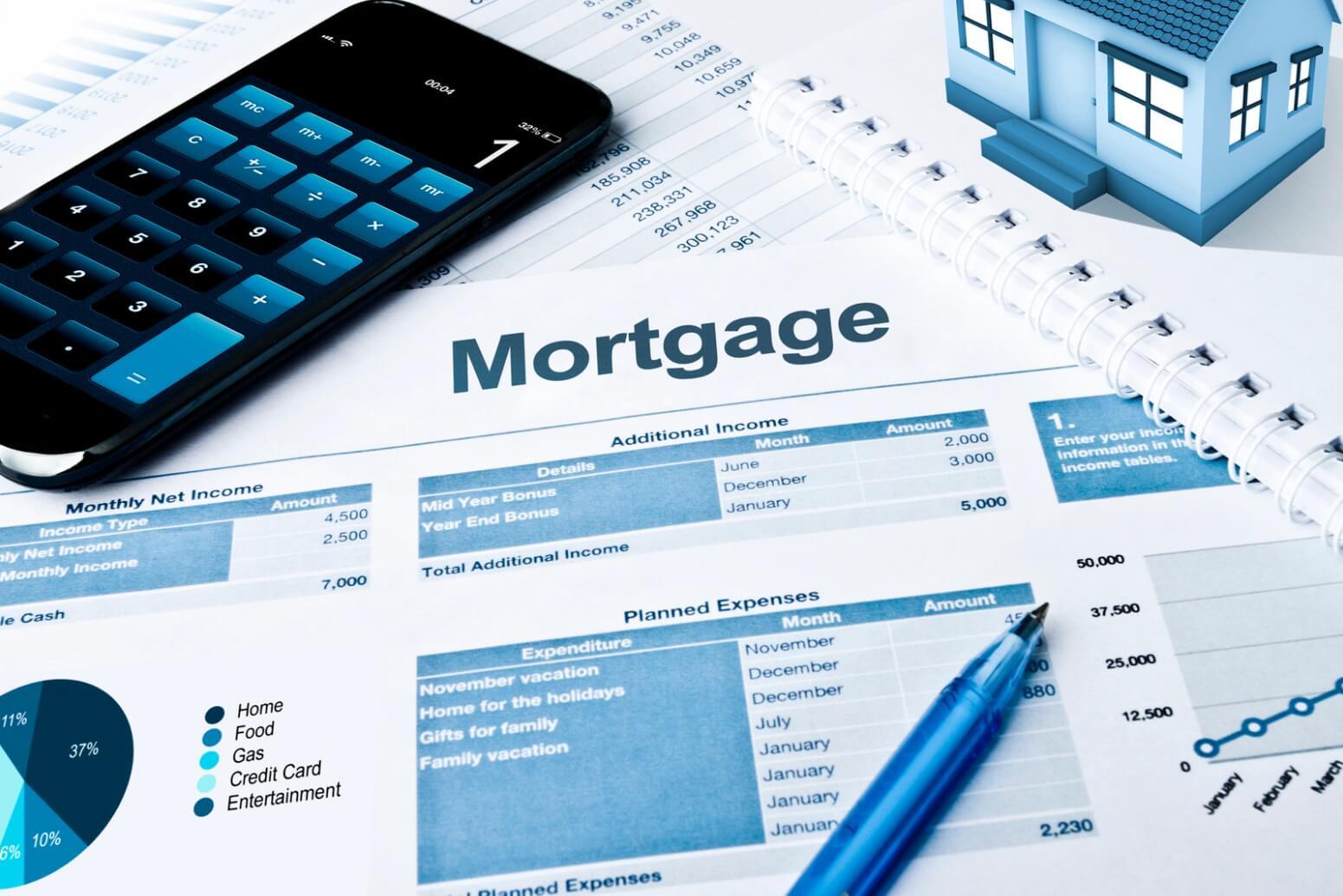There are many advantages to investing in duplexes. You can have double the rent on one property when comparing it to investing in single-family homes. It is also simpler and more affordable than investing in large multi-unit properties. One point to consider is the financial requirements of duplex investing. Lenders will be stricter and apply different standards. It isn’t necessarily the same as financing a single-family home as your primary residence.
Learn the Financial Requirements
Down Payment
You’ll need a down payment to finance the purchase of your duplex. If the duplex is an investment property, you will likely need a larger down payment than you would for a primary residence. However if you're going to live in the property as an owner-occupied rental property you could purchase it with as little as 3% down by going with an FHA loan, or a 5/15/80 loan. The reason it requires more down payment if you're not going to live in it is because lenders generally view pure investment properties as riskier than a personal residence. That means if you don't live in the property you will likely need at least 20% as a down payment.
Credit Score
The credit score requirements will be similar to getting a mortgage for a primary residence. Most lenders will set the minimum at 620 to finance an investment property. However, the higher your credit score is, the better. You could get lower rates if you have a higher credit score. It is important to note that 620 is a minimum. Some lenders might have stricter requirements so if your credit isn't up to snuff yet it might be worth taking a year to pay down debt and get your number up. The savings you'll accrue with a lower interest rate over the life of the loan will make it worthwhile.
Cash Reserves
Most lenders want borrowers to have sufficient cash reserves to pay the loan for a while after the purchase. They will also be stricter about this than they would for someone buying a home. Typically, they will want to see that you have the funds to cover payments for the first six months because the lender knows you might not have tenants immediately. Also keep in mind that you need cash or credit to fix anything that goes wrong with the units. You can't tell a tenant to wait until your next payday in order to get their toilet or air conditioner fixed! So be sure you have enough in reserves to cover anything that may come your way.
Financial Analysis
Lenders will treat investors differently from homebuyers. They will evaluate your income and ability to maintain a mortgage and also analyze the property as a business. The lender will want to see any leases that are in place as well as projections for expenses and rental income. The good news about this is that if the property is currently rented with stable tenants you can use the net income from the units to augment your own income to help you qualify for the loan.
Debt-to-Income Ratio
Your debt-to-income ratio (DTI) is another point lenders will consider. The figure tells the lender how much of your income goes to financing your debt. The DTI requirements will vary depending on the lender and factors specific to the borrower.. Most lenders want you to not be over-leveraged and they'll look for your DTI to be under 40% for investment properties. Of course there are lenders who will offer you a loan if your DTI was higher, but of course that is going to come with additional fees and a higher rate which will greatly impact your ROI on the property. Again, you can use the income from the property to increase your income and lower your DTI if the property already has stable tenants with a good history of paying rent on time.
Posted by Duplexes.com Admin on


Leave A Comment